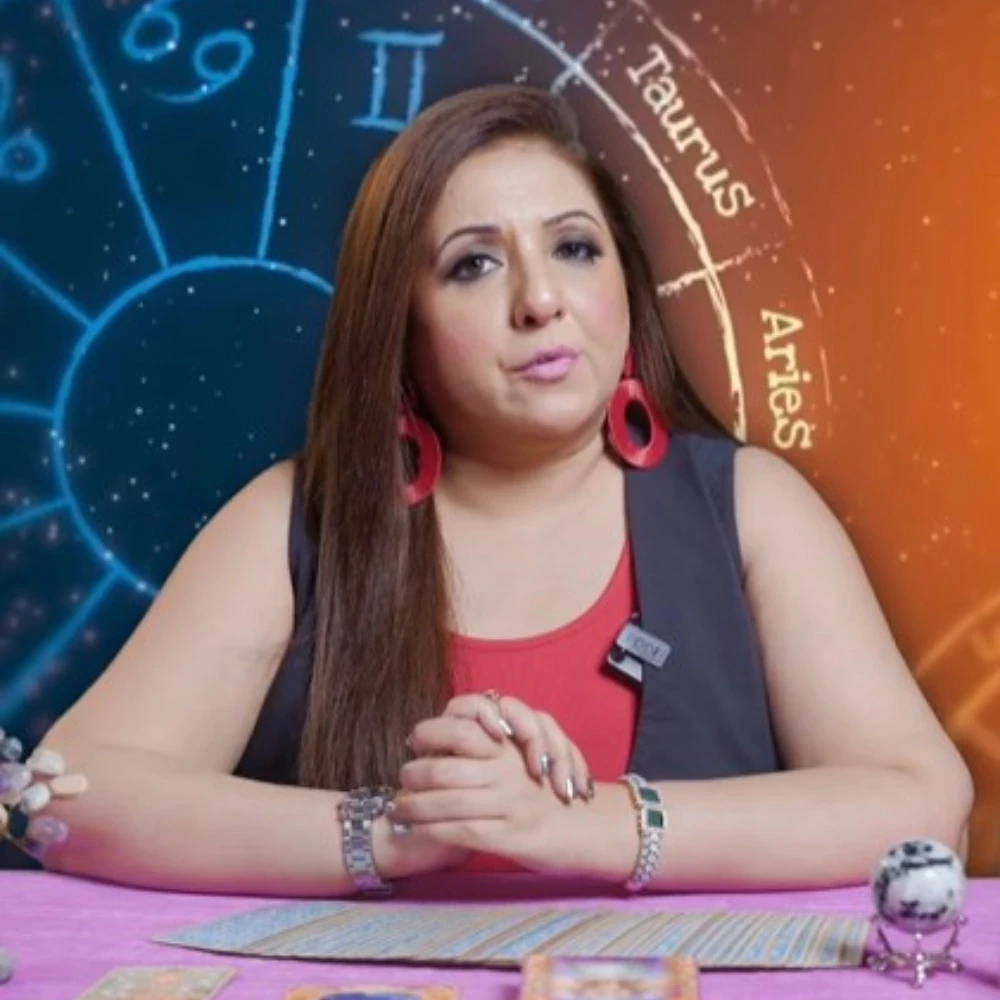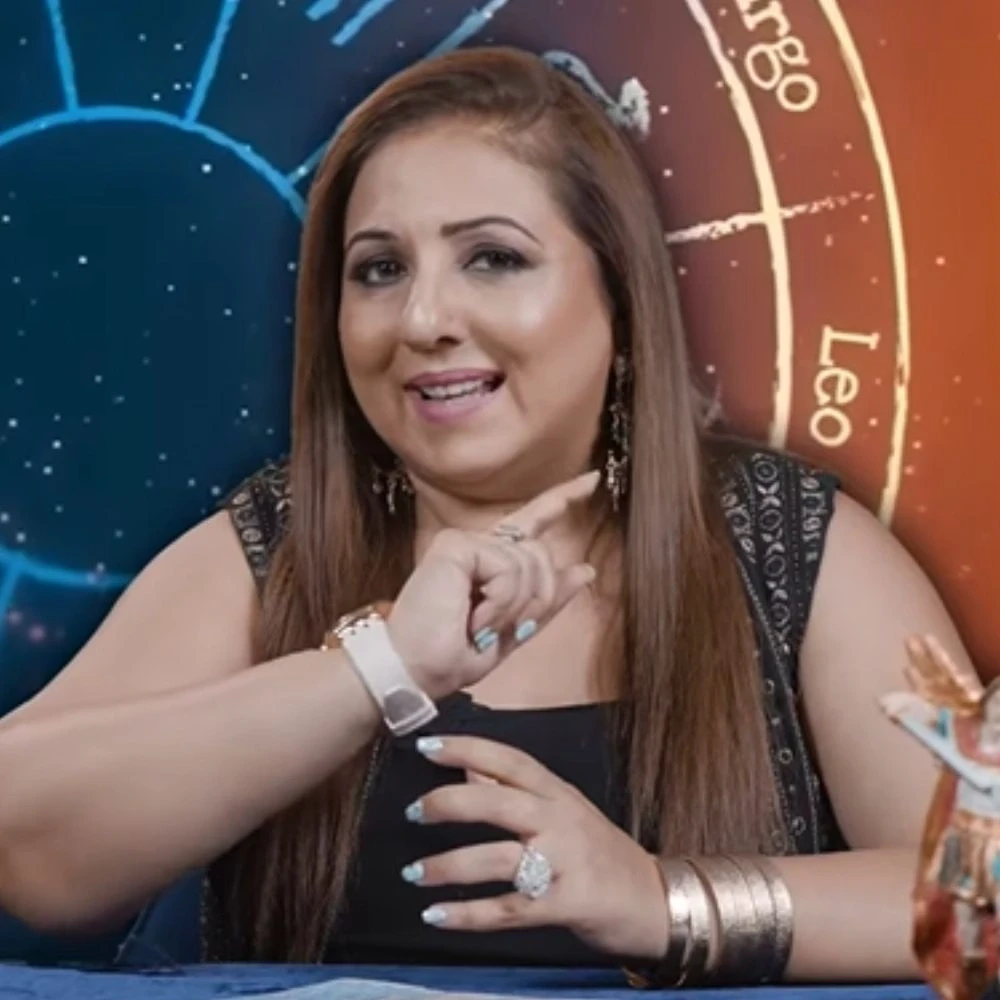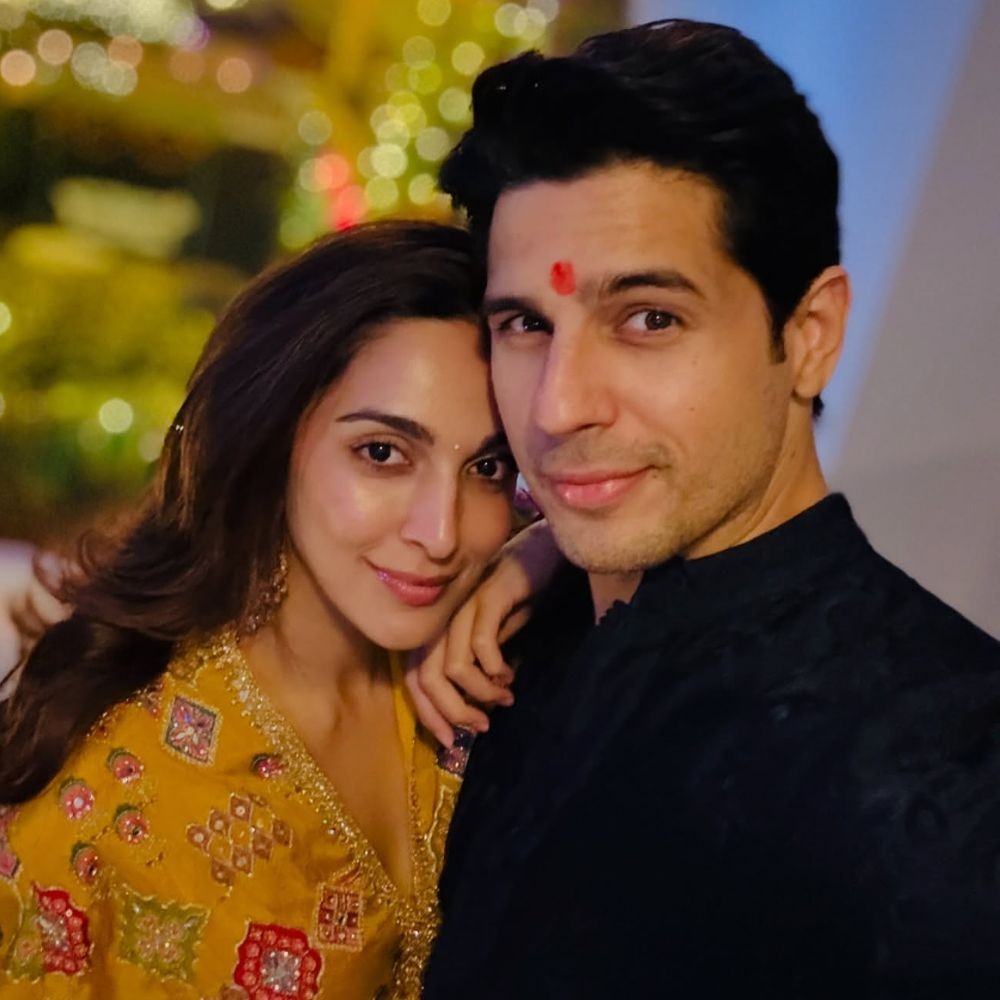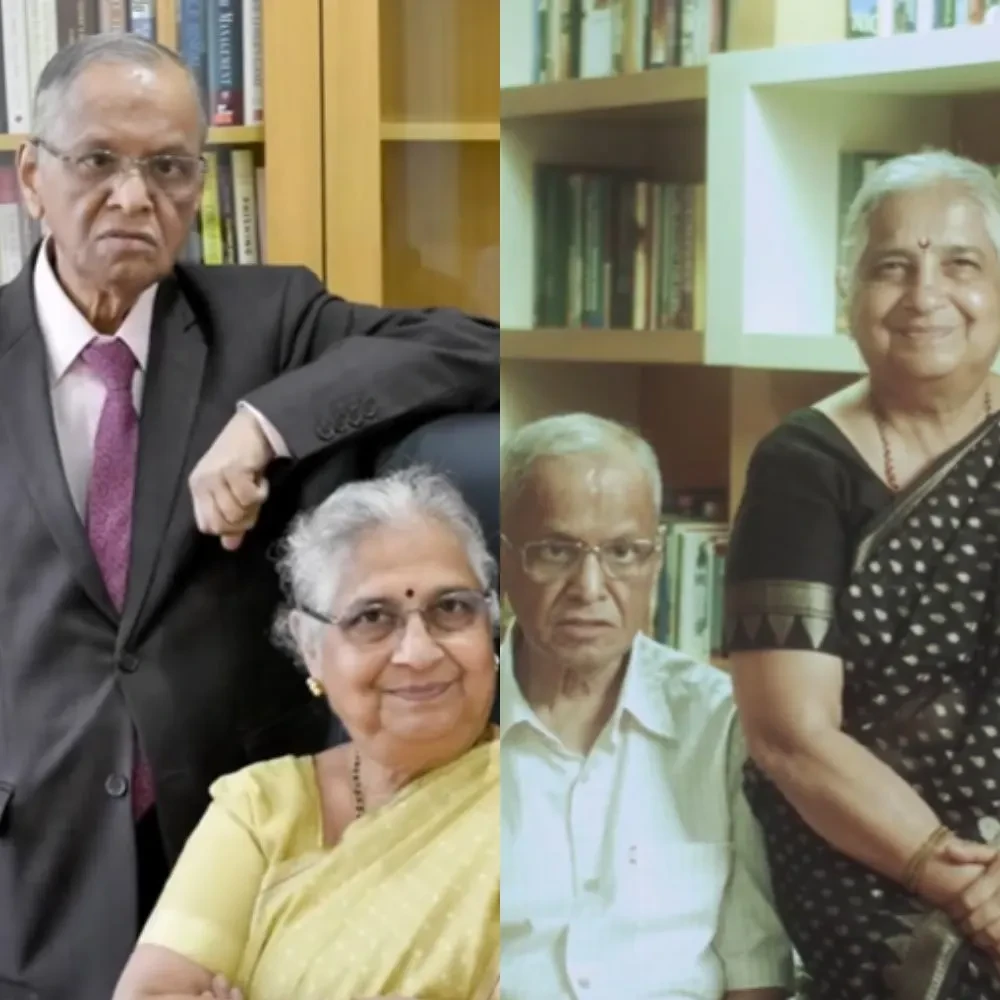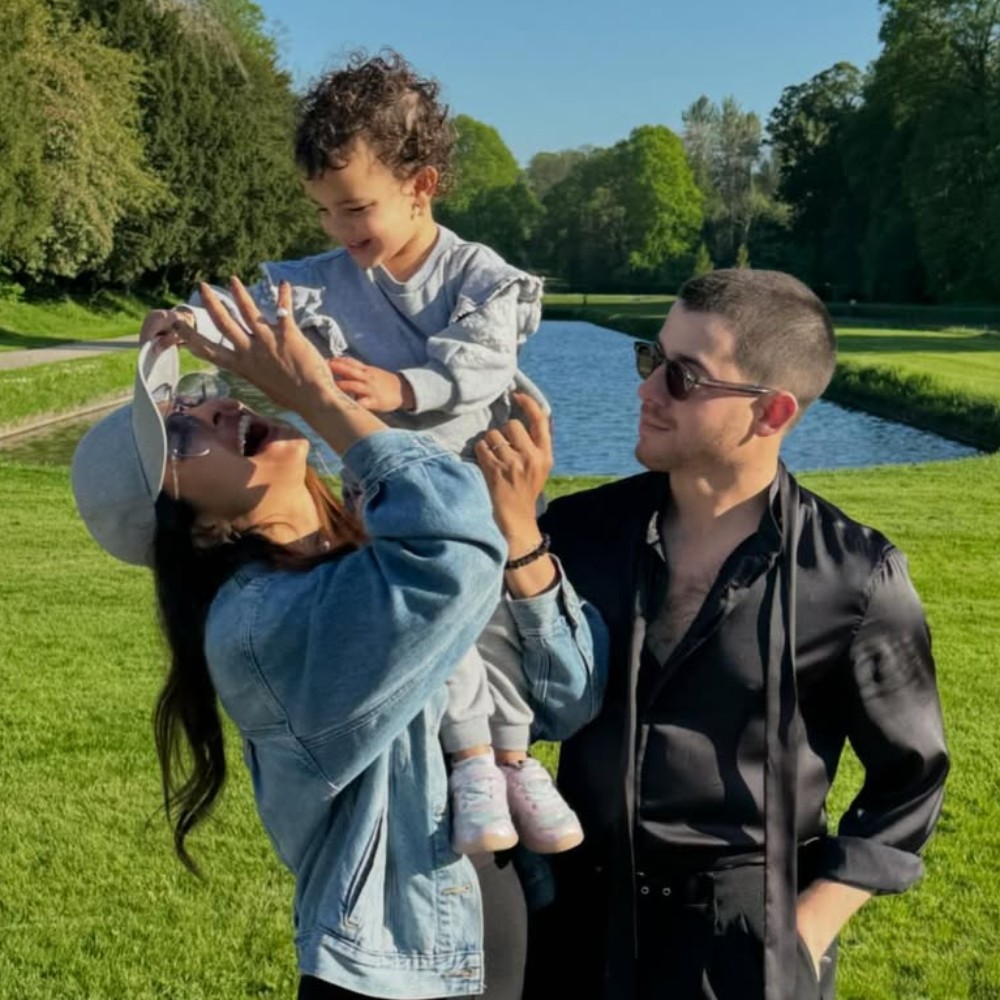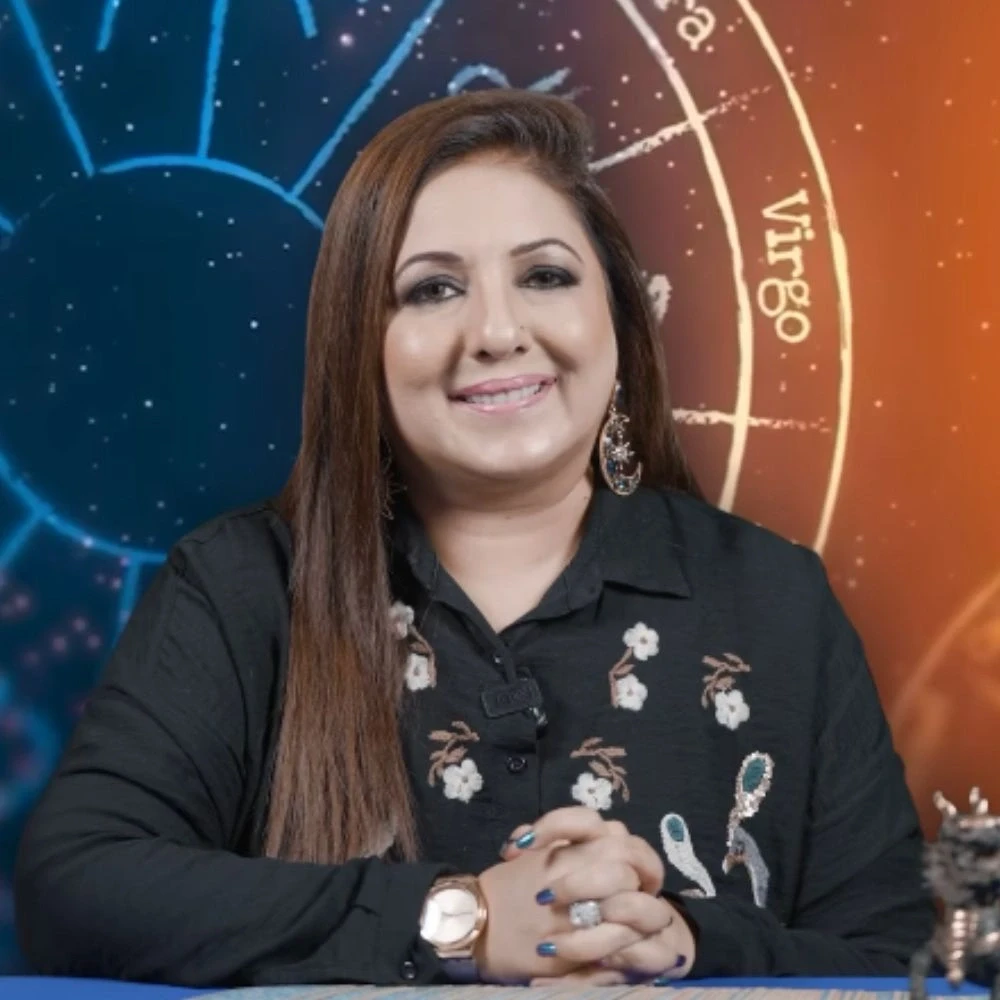Navigating the Labyrinth of a Complicated Relationship: How to Deal With it
Discover the complexities of relationships with our guide. Learn to identify signs of a complicated relationship, and explore effective management strategies.

Relationships are a beautiful tapestry of emotions, connections, and shared experiences. They have the power to bring us immense joy, support, and fulfillment. However, just as in any intricate design, threads become tangled, leading to complications that can strain even the strongest bonds. Unraveling the knot that weaves a complicated relationship is a delicate task, requiring patience, understanding, and effective communication.
In this article, we will explore what makes a relationship complicated. The guidance and practical advice offered here aims to foster healthier and more fulfilling connections. Let us embark on this journey of understanding, growth, and healing as we navigate the labyrinth of complicated relationships.
What is a Complicated Relationship?
1. Unresolved Conflicts: The Weight of Unspoken Words

Unresolved conflicts act as a heavy burden on a relationship, casting a shadow over the love and connection that once thrived. When disagreements arise and are left unaddressed, they can fester and grow, creating a toxic environment. The inability to communicate openly and honestly about these conflicts can lead to resentment, misunderstandings, and a breakdown in trust. It is essential to confront these conflicts head-on, engaging in productive dialogue and seeking a resolution to alleviate the complexities they bring.
2. Trust Issues: Rebuilding the Bridge of Faith
The trust serves as the bedrock of any healthy relationship. However, when it is compromised, the foundation begins to crumble, giving rise to knowing that the relationship is complicated. Betrayal, dishonesty, or past experiences can erode trust, making it difficult to restore faith in one another. Rebuilding trust requires consistent and honest communication, transparency, and a willingness to acknowledge and learn from past mistakes. It takes time, patience, and a commitment to rebuilding the bridge of trust to navigate the complexities caused by its absence.
3. Inconsistent Communication: Navigating the Ebb and Flow

Communication is the lifeblood of a relationship, but when it becomes inconsistent or ineffective, complications arise. Misunderstandings, misinterpretations, and feelings of being unheard or neglected can emerge when communication is erratic. It is crucial to foster open and transparent communication, actively listening to one another's needs, and expressing thoughts and emotions honestly. By nurturing a safe space for dialogue, we can navigate the ebb and flow of communication, reducing complications and fostering a deeper connection.
4. Incompatible Expectations: Aligning the Visions
Each individual enters a relationship with their own set of expectations, shaped by their experiences, values, and desires. When these expectations clash, complications emerge. Divergent goals, unmet needs, or mismatched visions for the future can strain the connection, leading to frustration and disappointment. It is important to engage in open and empathetic conversations about expectations, finding common ground, and compromising where necessary. By aligning visions and creating shared goals, we can mitigate the complexities caused by incompatible expectations.
5. Emotional Baggage: Unpacking the Past

Our past experiences, traumas, and unresolved emotions can cast a long shadow over present relationships, complicating the dynamics within them. Emotional baggage can manifest as insecurities, fears, or defensive behaviors, impacting trust, communication, and overall relationship satisfaction. Unpacking and addressing this emotional baggage requires self-reflection, empathy, and support. By fostering an environment of understanding and offering unconditional support, we can help one another heal and grow, untangling the knots created by past emotional burdens.
Signs of a Complicated Relationship:
1. Frequent Arguments or Disagreements:

Frequent arguments or disagreements that occur without resolution or compromise can signify a complicated relationship. These conflicts may escalate quickly, becoming heated or emotionally charged. When conflicts become the norm rather than the exception, it can create an environment of tension and hostility, making it challenging to maintain a healthy connection.
2. Lack of Trust or Transparency:
Trust forms the foundation of any strong relationship. However, a lack of trust or transparency can complicate matters significantly. Suspicion, doubt, and a constant feeling of being kept in the dark can erode the trust between partners. Secrets, lies, or the inability to be vulnerable and open with each other can create barriers, hindering emotional intimacy and genuine connection.
3. Emotional or Physical Abuse:

One of the most severe signs of a complicated relationship is the presence of emotional or physical abuse. Any form of mistreatment, such as belittling, controlling behavior, manipulation, or physical harm, is completely unacceptable. These behaviors indicate a deeply unhealthy and toxic dynamic that requires immediate attention and intervention.
4. Frequent Mood Swings or Emotional Volatility:
In a complicated relationship, one or both partners may exhibit frequent mood swings or emotional volatility. These abrupt shifts in emotions can create an unstable and unpredictable environment. It becomes challenging to navigate the relationship when one or both individuals struggle to regulate their emotions or communicate effectively, leading to constant tension and unease.
5. Feeling Emotionally Drained or Exhausted:
A complicated relationship often leaves individuals feeling emotionally leaving individuals feeling unappreciated, unsupported, and emotionally exhausted. This emotional exhaustion can seep into other areas of life, affecting overall happiness and fulfillment.
6. General Sense of Unhappiness or Dissatisfaction:

A pervasive feeling of unhappiness or dissatisfaction is a telltale sign of a complicated relationship. Despite efforts to find joy or fulfillment within the relationship, individuals may consistently feel unfulfilled or disconnected. The relationship may lack the necessary components to meet emotional, intellectual, or physical needs, leading to a persistent sense of dissatisfaction.
How to Manage a Complicated Relationship:
1. Open and Honest Communication: Create a safe space for open dialogue and active listening. Express your thoughts, concerns, and emotions while giving your partner or loved one the opportunity to do the same. Encourage empathy and understanding in your conversations.
2. Seek Professional Help: Consider seeking guidance from a relationship counselor or therapist. They can provide valuable insights, tools, and techniques to navigate the complexities and help both individuals grow personally and within the relationship.

3. Set Boundaries: Establishing clear boundaries is essential to address and manage complications. Identify what is acceptable and unacceptable behavior for both parties involved, and communicate these boundaries respectfully.
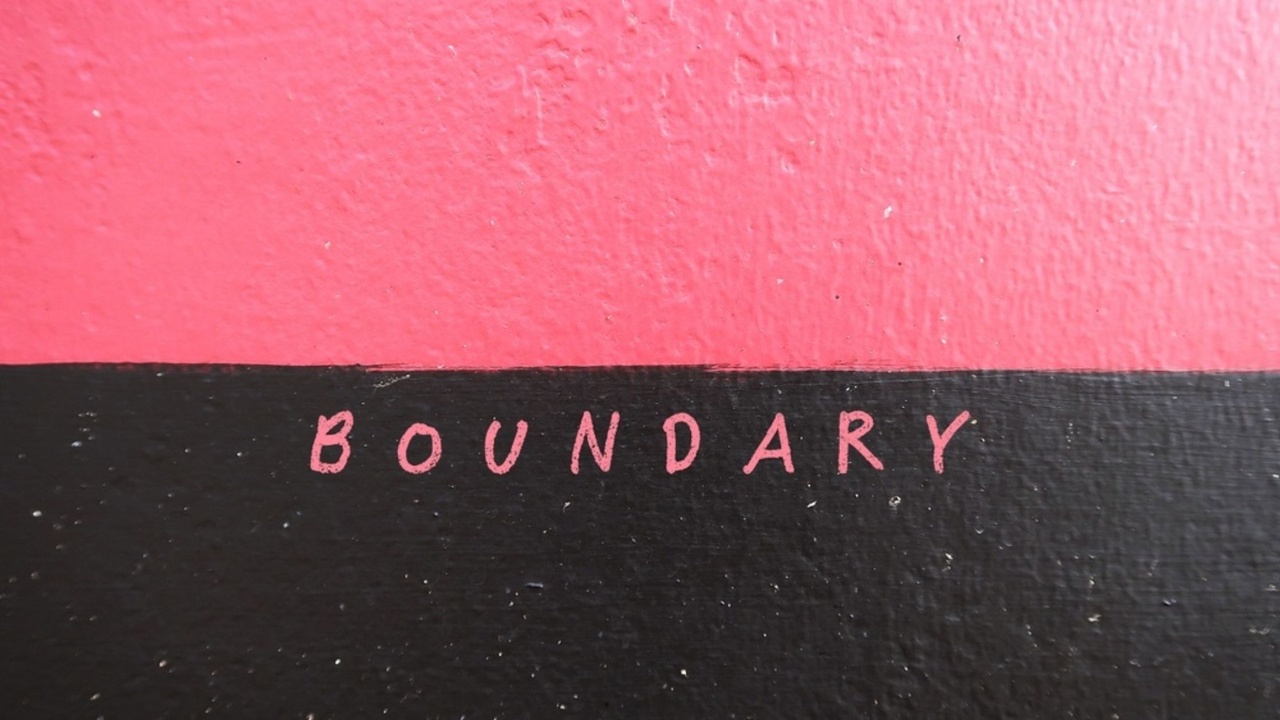
3. Self-Reflection: Take time to reflect on your own thoughts, emotions, and contributions to the complications. Self-awareness can help identify areas where personal growth and change are needed, leading to a healthier dynamic.
4. Prioritize Self-Care: In the midst of managing a complicated relationship, it's important to prioritize self-care. Engage in activities that bring you joy, practice self-compassion, and seek support from friends and loved ones who can offer guidance and a listening ear.
Conclusion:
Relationships are complicated, testing our patience, resilience, and commitment. However, with a thoughtful approach, open communication, and a willingness to address the issues at hand, it is possible to untangle the knots and restore harmony. Remember, every relationship is unique, and the path to resolution may vary. By recognizing the signs, seeking support, and investing in personal growth, we can navigate a complicated relationship and emerge stronger and more connected than ever before. Embrace the journey and let the complexities be an opportunity for growth and understanding.





 JOIN OUR WHATSAPP CHANNEL
JOIN OUR WHATSAPP CHANNEL

































































